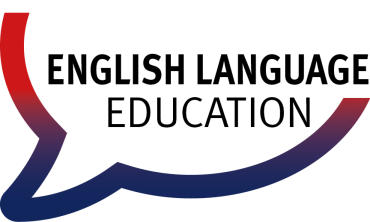DR. DES. RAPHAËLLE BEECROFT
The Performativity ofthe Intercultural Speaker: Improvisational Tasks in the Lower Secondary English Language Classroom
Intercultural Communicative Competence (ICC) is defined as the main goal of English language teaching in Germany. At the same time, oracy in the classroom is affordedincreasing importance. However, many best-practice examples of promoting ICC in the language classroom have, thus far, concentrated on the analysis, discussion and reflection of documents and have not focused on the promotion of ICC in face-to-face oral interaction in the classroom. Furthermore, oral interaction in the classroom is often restricted to IRF discourse patterns or the reproduction of scripted scenarios mimicking ‘real-life’ communication situations that learners may perhaps encounter. Thus far, few endeavours have undertaken to create communicative contexts in the English language classroom in which learners can embody the ICC required of an intercultural speaker both verbally and non-verbally in real-time interaction situations. Improvisational theatre, in the form of improvisational tasks, can provide the framework necessary for the learners to be able to find and use their voices as intercultural speakers. Through their particular aesthetics of spontaneity and reciprocity, improvisational tasks enable the learners to experience physically initiating, managing and taking responsibility for divergent communication situations, to use their agency to make decisions on the best course of action and to produce the linguistic structures required for that particular interaction situation in real time. I will discuss the results of a longitudinal, mixed-methods action-research study in which improvisational tasks were regularly implemented in English classes (107 lessons in 4 classes over the course of two school-years) in order to deal with textbook and project contents as well as high-stakes examination preparation within an action-oriented framework. The quantitative results show an increase in the frequency, fluency and complexity of free utterances over the repeated implementation of the improvisational tasks, whilst the qualitative results highlight the learners’ perception of the tasks as a safe performative space in which they can act and speak spontaneously. I will furthermore present a selection of the most frequently implemented tasks and will demonstrate how these were used to deal with specific textbook content orally across a range of different classes.
Dr. des. Raphaëlle Beecroft is a teacher educator in English Foreign Language Pedagogy. Her research interests include the development of ICC through translation and virtual exchange, the implementation of drama methods in task-based foreign language pedagogy to foster oracy as well as English as an International Language in English language teacher education.


